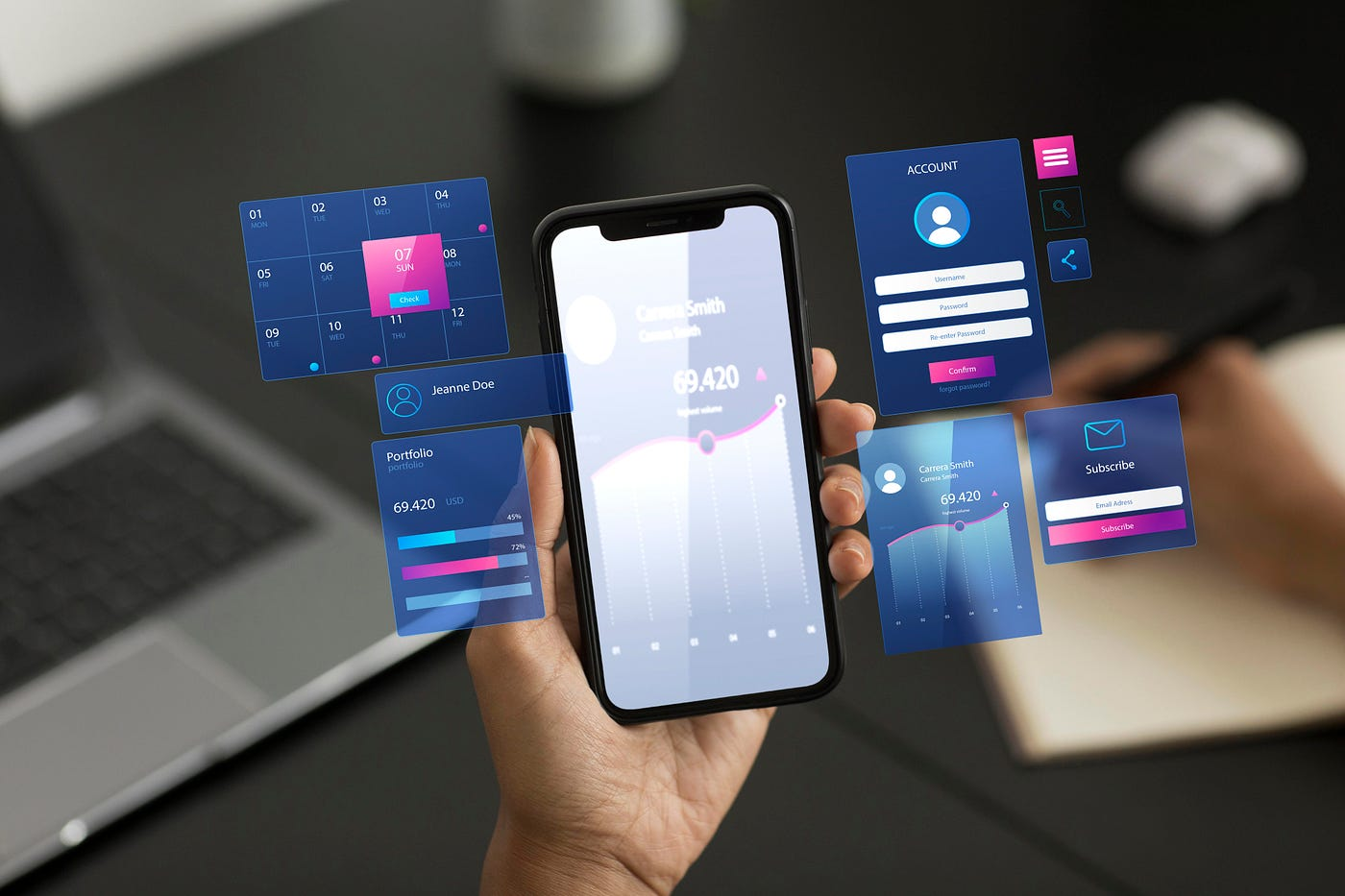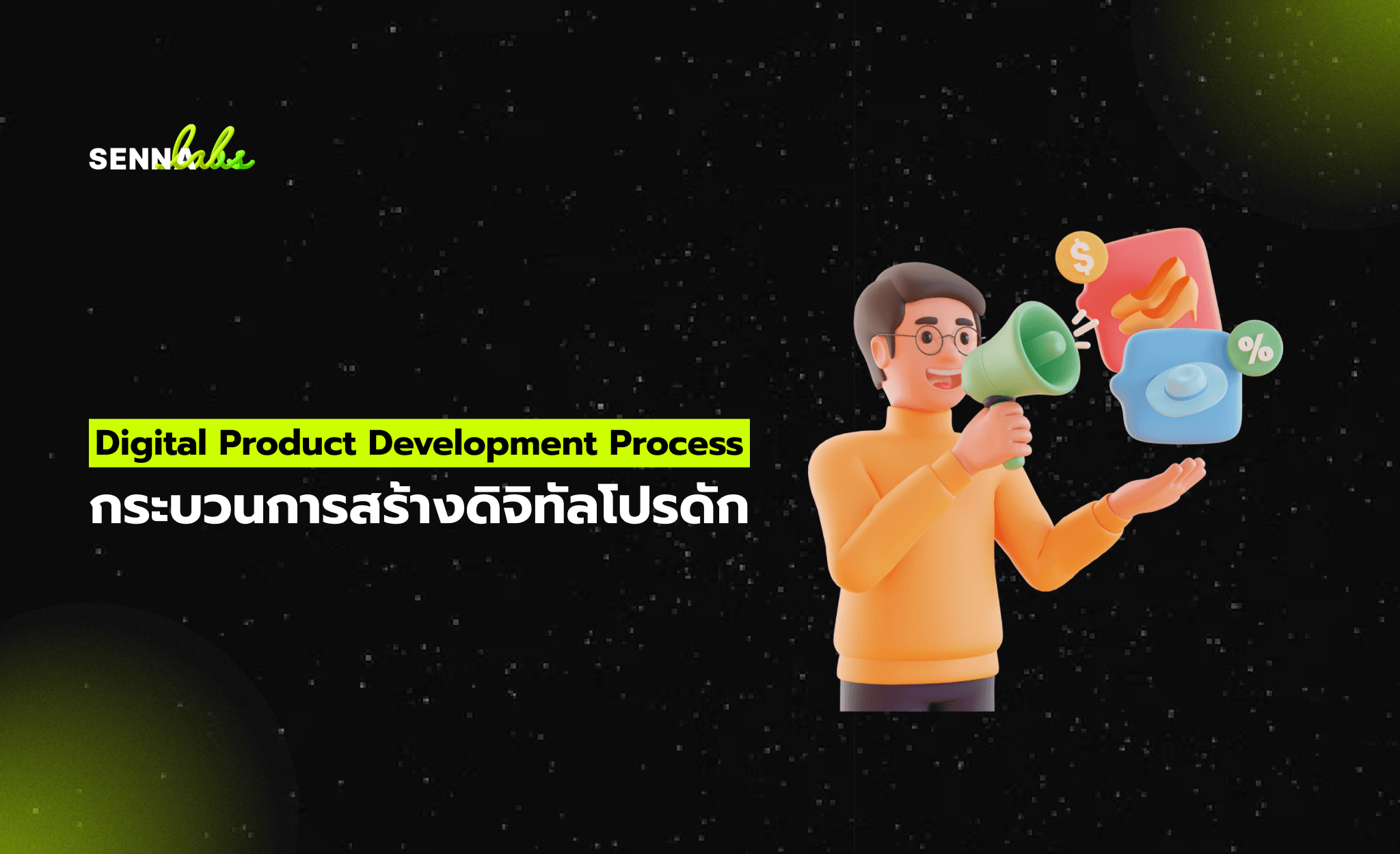Custom Mobile App Solutions: Elevating Your Business in the Digital Age
Share

In today's fast-paced digital world, businesses are increasingly recognizing the importance of mobile technology. Custom mobile app solutions have become a crucial tool for companies seeking to enhance customer engagement, streamline operations, and stay competitive. This article explores the benefits, key features, and development process of custom mobile apps, providing valuable insights for businesses looking to leverage mobile technology.

Why Custom Mobile Apps?
Off-the-shelf mobile applications can offer basic functionalities, but they often fall short in addressing the specific requirements of a business. Custom mobile apps, on the other hand, are designed with your company's goals, processes, and customers in mind. Here’s why investing in a custom mobile app can be a game-changer:
-
Personalized User Experience: Custom apps provide a personalized experience that aligns with your brand identity and customer expectations. This personalization enhances user satisfaction and loyalty.
-
Enhanced Efficiency and Productivity: Tailored to your business processes, custom apps can automate workflows, reduce manual tasks, and increase overall efficiency. This leads to significant time and cost savings.
-
Scalability and Flexibility: Custom apps can be scaled and adapted as your business grows and evolves. This flexibility ensures that your app remains relevant and effective in the long term.
-
Competitive Advantage: A custom mobile app can give you a competitive edge by offering unique features and functionalities that are not available in generic applications. This differentiation can attract and retain customers.
-
Integration with Existing Systems: Custom apps can seamlessly integrate with your existing IT infrastructure, such as ERP, CRM, and other enterprise systems, ensuring a cohesive and efficient digital ecosystem.
Key Features of Custom Mobile Apps
When developing a custom mobile app, several key features can significantly enhance its functionality and user experience:
-
User-Friendly Interface: A clean, intuitive, and visually appealing interface ensures that users can navigate the app easily and perform tasks efficiently.
-
Push Notifications: Real-time notifications keep users informed about important updates, promotions, and reminders, driving engagement and retention.
-
Security Features: Robust security measures, including data encryption, secure authentication, and compliance with industry standards, protect sensitive information and build trust with users.
-
Offline Capabilities: Allowing users to access certain features and content offline can improve the app's usability, especially in areas with limited internet connectivity.
-
Analytics and Reporting: Built-in analytics provide valuable insights into user behavior, helping you make data-driven decisions to enhance the app’s performance and user experience.
-
Integration with Third-Party Services: Integrating with popular third-party services, such as payment gateways, social media platforms, and mapping services, can extend the app’s functionality and convenience.
The Development Process of Custom Mobile Apps
Developing a custom mobile app involves several stages, each crucial for ensuring the final product meets your business needs and expectations. Here’s an overview of the typical development process:
-
Discovery and Planning: The process begins with understanding your business needs, target audience, and goals. This phase involves detailed discussions and research to define the app’s scope and requirements.
-
Design and Prototyping: The design team creates wireframes and prototypes to visualize the app’s layout and functionality. The focus is on creating a user-centric design that offers an intuitive and engaging experience.
-
Development and Testing: Developers use the latest technologies and frameworks to build the app. Rigorous testing is conducted to ensure that the app is bug-free, secure, and performs optimally across different devices and platforms.
-
Deployment and Support: Once the app is ready, it is deployed to app stores, and ongoing support and maintenance are provided to ensure its smooth operation and continuous improvement.
Case Studies and Success Stories
Understanding how custom mobile apps have benefited various industries can provide valuable insights. Here are a few examples:
-
Retail: A custom app for a retail chain enhanced customer engagement through personalized offers, loyalty programs, and seamless mobile payments, leading to increased sales and customer retention.
-
Healthcare: A healthcare app streamlined appointment scheduling, telemedicine consultations, and patient record management, improving patient care and operational efficiency.
-
Publishing: A publishing app revolutionized the way readers consumed content by offering personalized reading recommendations, interactive features, and offline access to articles and books. This enhanced reader engagement and expanded the publisher’s reach.
Conclusion
In the digital age, a custom mobile app is not just an option but a necessity for businesses aiming to thrive and stay ahead of the competition. By leveraging the power of mobile technology, companies can drive innovation, efficiency, and growth. Custom mobile apps offer a personalized, scalable, and integrated solution that can significantly enhance business operations and customer engagement.

Share

Keep me postedto follow product news, latest in technology, solutions, and updates
Related articles
Explore all


